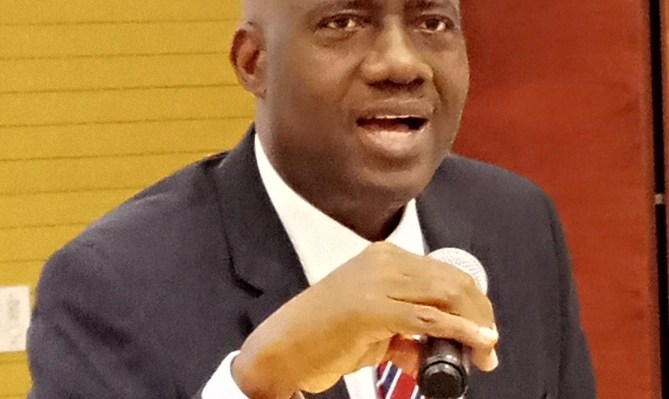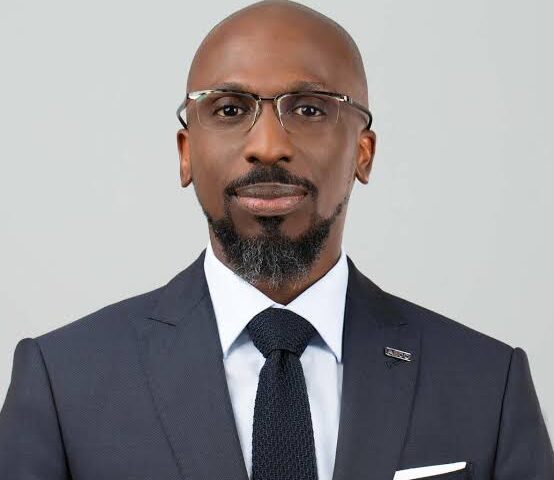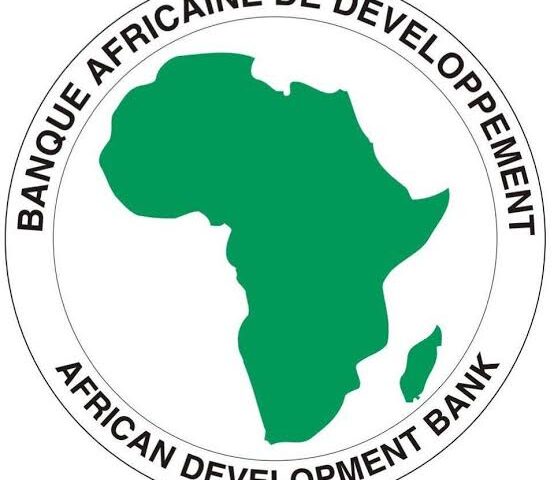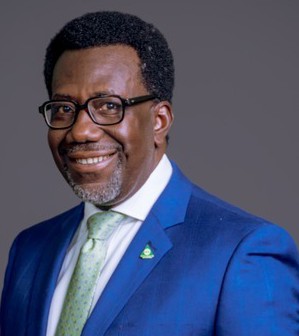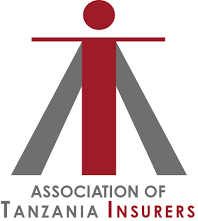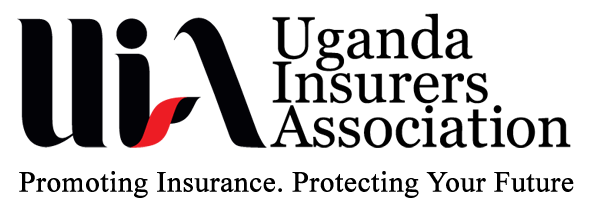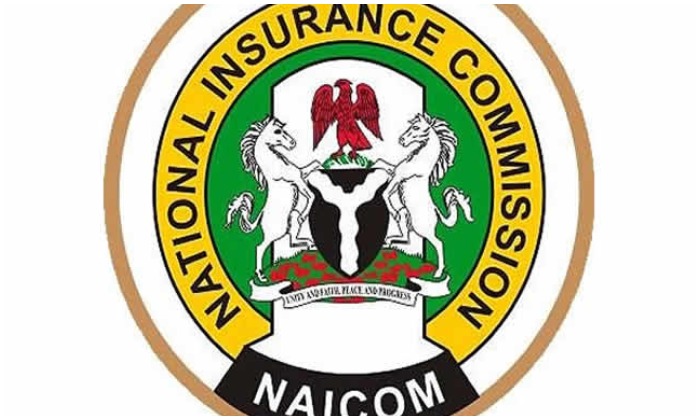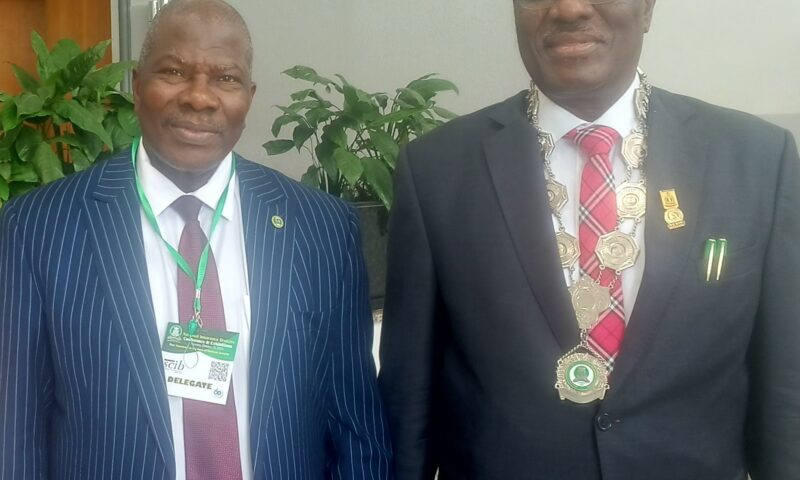Nigeria has potentials to generate $600m from agriculture insurance premium
By Favour Nnabugwu
Nigeria has the potential to generate nothing less than USD 600 million of agriculture insurance premium in a year
Deputy Managing Director/COO, Africa Reinsurance Corporation, Ken Aghoghovbia of Africa Reinsurance Corporation (Africa Re) at the opening Africa Re Agriculture Insurance Workshop in Lagos, said owing to the vax farming in the country against the USD 10 million reported during the year 2021.
He noted that there is a gap of $590 million untapped insurance potentials in the country.
Aghoghobvia stated that these bright economic prospects, provide huge opportunities for insurance companies to innovate and provide risk transfer solutions to cover the inherent risks associated with farming activities.
He stressed that agriculture remains a key contributor to Nigeria’s Gross Domestic Product (GDP) and like in many emerging economies, accounts for 30 per cent of the country’s total economic output; providing employment to at least 35 per cent of its over 200 million population.
He submitted that with sustained pressure on food security, arising from the increasing population and the government’s push to diversify the economy, agriculture will continue to be a key area of focus in many years to come, adding that sadly, this undertaking is undermined by the limited investments in the sector, and the uncertainties resulting from the effects of climate change.
Aghoghovbia maintained that since 2017, the agriculture class of business has generated a lot of interest from several market players and currently, at least 16 insurance companies have received NAICOM’s approval to underwrite the business, thus complementing the efforts of the Nigeria Agriculture Insurance Company (NAIC).
He stated that the prominence of small holder farmers in Nigeria’s food production systems dictates that partners explore new approaches to providing effective and affordable insurance products.
“In line with our mission to support the development of African economies including that of our beloved country Nigeria, Africa Re recognizes the significance of the agriculture sector in fulfilling the aspirations of many farming households.
“Therefore, our team endeavors to work with like minded partners, like yourselves, to make the agriculture class of insurance business a significant contributor to the ambition of increasing insurance penetration in Nigeria and indeed the entire region,” he stated.
He posited that at Africa Re, they are deliberate about leveraging their wide range of expertise and knowledge, backed by solid financial strength, to provide the much needed reinsurance capacity in the agriculture sector, stating that over the last five years, the market has seen exponential growth in insurance premiums from agriculture, but this growth has been overshadowed by the unfavorable loss experience.
“This poor performance reveals the need for the market to invest more in stakeholder engagement including training, aimed at improving underwriting skills as well as claims handling capabilities,” he said.
He said agriculture insurance is still in its formative years in the country, hence the workshop which is aimed at providing a platform for candid conversations with a view to developing homegrown solutions to move the agriculture sector in Nigeria to the next level
The Africa Re. DMD, noted that whereas a lot of work has already been done in addressing some of these challenges, Africa Re recognizes the need for continuous improvement especially during this ever-changing business environment and hopes that the workshop will help to move all stakeholders towards the desired.

